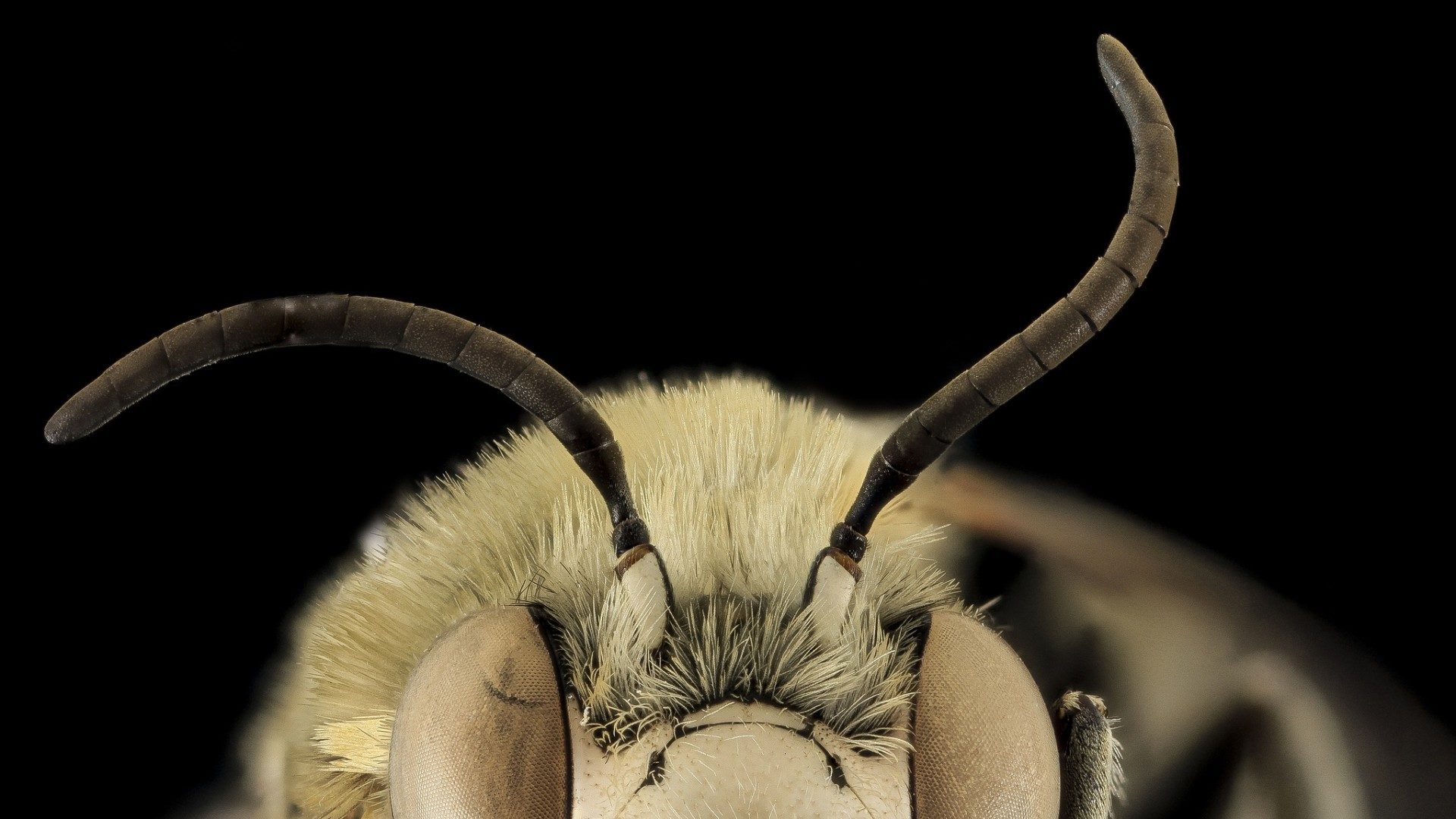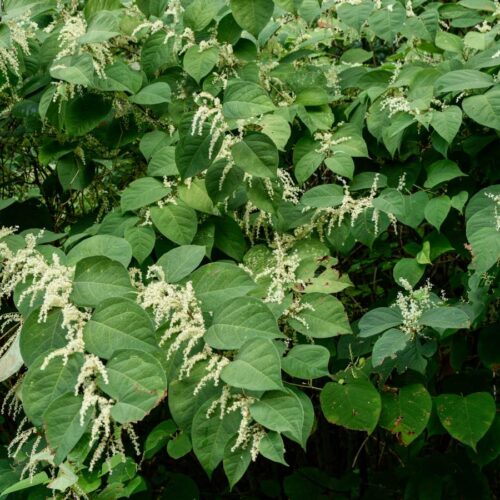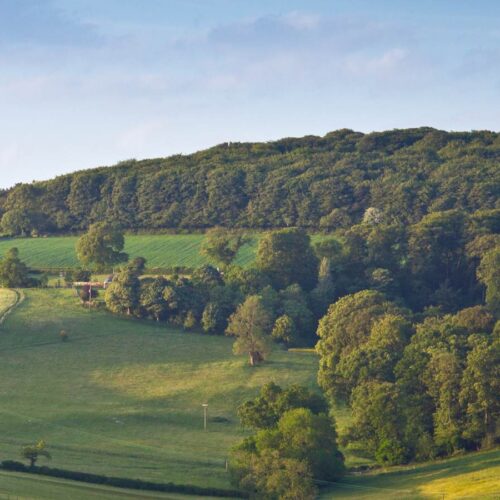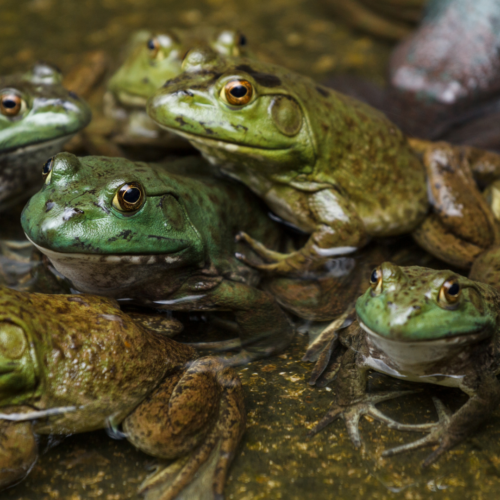The Guardian newspaper has reported that a study which has been carried out across nature reserves in Germany has shown that three-quarters of flying insects have vanished in the last 25 years.
The article entitled, “Warning of ‘ecological armageddon’ after dramatic plunge in insect numbers”, goes on to say that whilst the data was gathered only
in Germany, it has implications for all landscapes dominated by agriculture.
The cause of the rapid decline is not yet known, and changes in weather and climate are not thought to be responsible, at least, not solely. Industrial-scale
pesticide use could be a contributory factor, but scientists have said that further work is urgently needed to explore the issue in more detail.
Insects make up about two-thirds of all life on earth, and are vital as pollinators, as well as prey for other wildlife. Reports of declining insect numbers
are nothing new, and earlier this year it was reported that butterflies in the UK had suffered one of their worst years on record, with 70% of butterfly
species experiencing a decline in numbers over the previous year. However, the new research captured all flying insects, making it a stronger indicator
of decline.
The disappearance of wildflower habitat, including farmland borders full of flowers, is known to have had a negative impact on flying insects. Creating
and maintaining wildflower habitats and suitable grassland is something that we can do to encourage flying insects and help dwindling populations.











